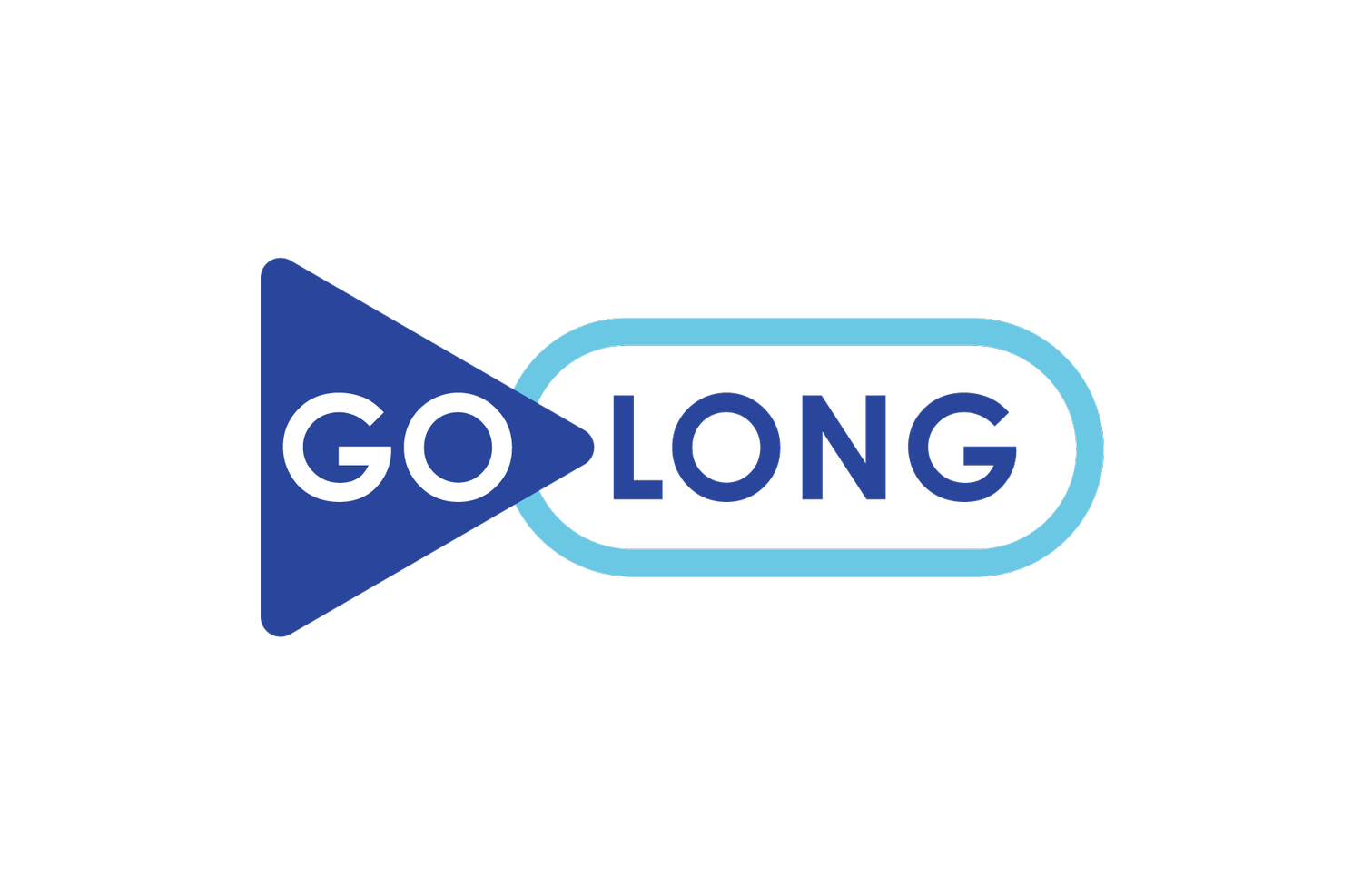The Truth About Health and Wellness Marketing: How It Hinders Your Success
[Estimated reading time: 4 minutes, 42 seconds.]
OK, we’re rapidly approaching the middle of Women’s History Month. You can count me in the bucket of being “meh” about it all. Reason being is that I still see and experience much of the same systems that were in place when I graduated college in ‘93. You see it in the news. You see it in the workplace. You see it in society. Frustrating.
Does that mean that people haven’t been trying to change those narratives? Of course not. But change is hard. You’re going against inertia.
Letting go of what you may have been taught is difficult. It requires sustained effort and consistency. These two terms sound similar but are different. How? Sustained effort involves enduring dedication and perseverance, while consistency involves reliability and adherence to established patterns or standards.
Let’s talk about how women are being marketed to when it comes to health and wellness. One of the things that drove me to start Go Long was to shift the dialogue around gimmicks for “getting healthy” that I was hearing from family and friends to solutions that could help them in the long-term.
Here is what I have observed as the main culprits for “gimmicks” in health and wellness:
Lack of Transparency and Accountability
Spreading Misinformation
Unrealistic Portrayals of Health
Let’s get into more specifics on each of these.
Lack of Transparency and Accountability
As regular readers of Go Long know, supplements are one of my biggest concerns out there in the health and wellness space. They aren’t regulated and you have no idea if what a manufacturer says is in there is actually true. And if you’re on traditional medications for other health conditions (e.g., cholesterol, HRT, blood pressure, etc.), supplements can cause adverse effects when mixed together.
If you have a bad reaction to taking one of these supplements, not only is your health at risk but getting accountability from the manufacturer is going to be challenging since the FDA does not regulate supplements.
On top of that, many influencers have paid partnerships or affiliate agreements with different providers. I’m not against making money. Go Long has some of these contracts in place. But asking questions around how the partnership was formed and why it makes sense for both parties is also critical. It shouldn’t be hidden.
It diminishes my credibility to have a partnership arrangement with an organization that doesn’t reflect similar values. We’re a word-of-mouth business so if I recommended a fitness coach, for example, who doesn’t align with our values as well as what our client needs, that’s not going to lead to a good outcome for anyone.
I might get a short-term gain from the partnership dollars but I won’t retain the client and that person certainly will not refer me to their circle of people. Bad move.
Spreading Misinformation
As you all know, anyone can publish anything on the internet. Even Go Long! OK, seriously. The abundance of unregulated information online, coupled with the influence of self-proclaimed experts, creates fertile ground for the spread of misinformation and harmful practices.
Your feeds are probably inundates with influencers, who are often lacking proper qualifications or evidence-based knowledge, and promote fad diets, unrealistic beauty standards, and unproven treatments, potentially leading individuals to make unhealthy or ineffective choices.
Last week’s post was on yo-yo dieting with Dr. Jill. If Go Long was working with you on strategies to improve your health in the long-term, it would not make sense to recommend a “quick fix” diet. Reason being that enough evidence exists that fad diets that make promises not only cause the original weight to come back on you. You also tend to gain additional weight.
Again, that wouldn’t help me in having you either continue being a client of ours or recommending us to others.
Our focus is working with credible experts in their fields on topics that our clients care about. They focus on realistic solutions that align with your life. This is about building trust with our clients and with our partners. Full stop.
Unrealistic Portrayals of Health
Whether it is IG, TikTok or Facebook, social media tends to showcase highly curated and edited portrayals of health and well-being. You’re often looking at media that is perpetuating unrealistic expectations and unattainable goals. The potential harm of this idealized portrayal cannot be overstated.
In talking to clients who are GenX and Millennial, they seem to be caught in a rut between not wanting their children (particularly their daughters) to be influenced by what is on social vs. their own preconceived notions on what being healthy “looks like”. They clearly want something better for their children, which is understandable, but are not willing to give themselves the same grace on their own looks.
The constant exposure to seemingly "perfect" lives can contribute to feelings of inadequacy, anxiety, and even body image issues.
As I said at the top, going against what you have always been taught is hard.
What If It Didn’t Need to Be Like This For You?
What if you were able to have a partner help you suss through all of the noise out there?
Someone who could distill down the science of what has been proven to work on getting you to feel like your former self?
If you had the opportunity to get practical advice that is aligned to your body and your life, wouldn’t you want to take the leap?
Because here’s the thing. Doing the same thing over and over again, while hoping for a different result, isn’t going to get you living the life you want to live.
Schedule a call.
Go Long can help.

